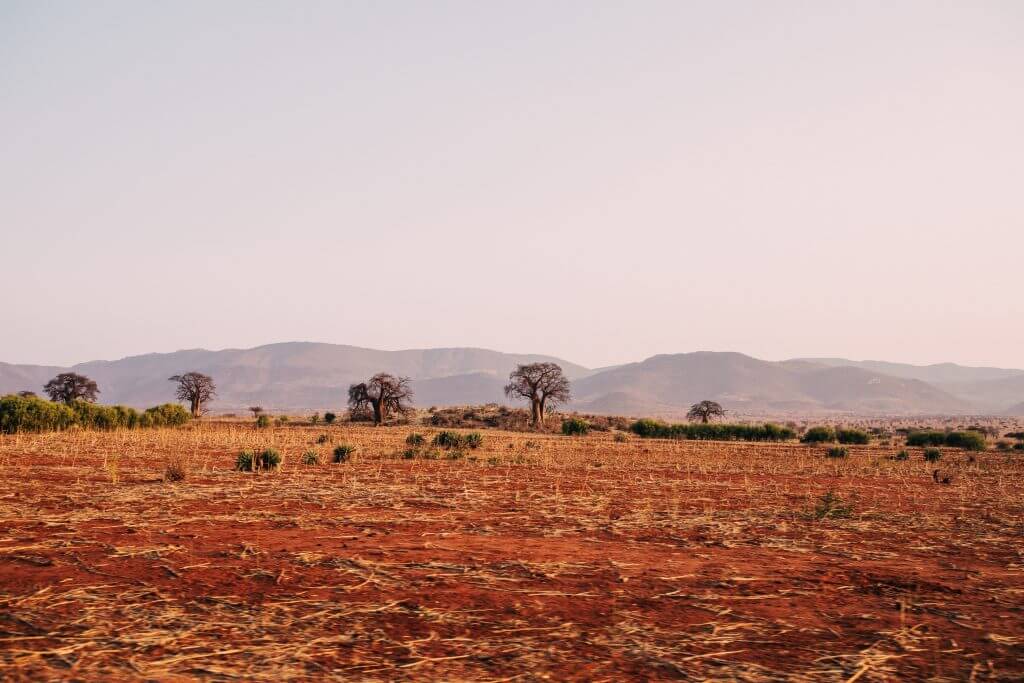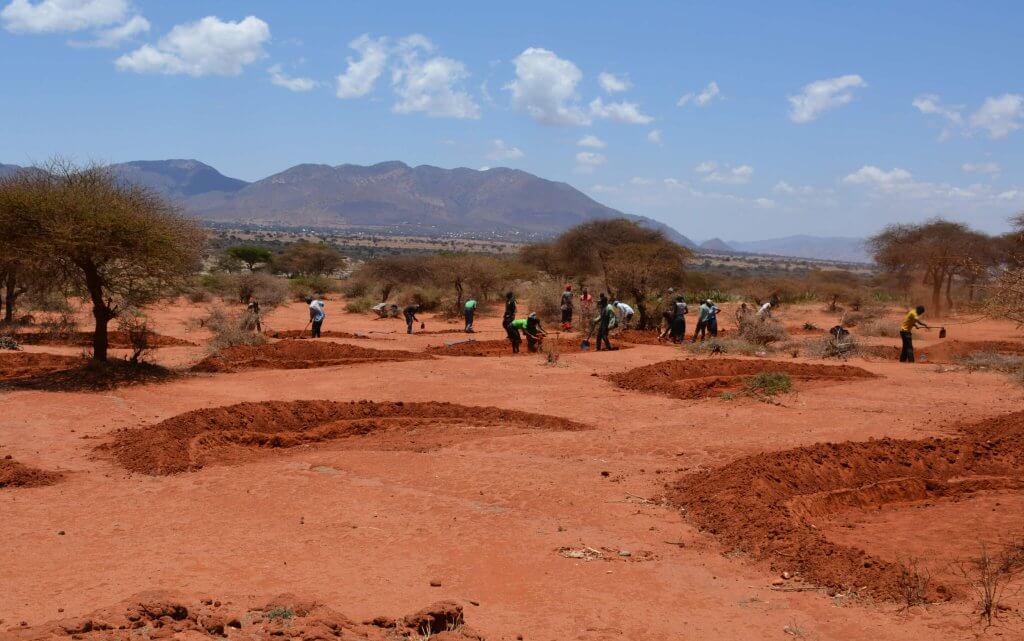
Climate change: what is it and how do we fight it?
What we do
There are 10 years to get nature back on our side
Our planet is warming while the human population is growing.
In sub-Saharan Africa, climate change, land degradation, and overexploitation are causing temperatures to rise, land to dry up and fertile soils to erode. This causes serious problems such as extreme droughts and famine. Luckily, there is a solution! If we bring back nature on a large enough scale we can positively impact climate change. Now is the time to dig in and scale up. The race is on.
Every year, the world loses 12 million hectares of productive land.
With far-reaching consequences! Including failing crop yields, rising tensions over natural resources, forced migration and weakened resilience to climate change.
What we need to do is to green up dry, degraded land. When vegetation is lost, the vicious circle of degradation soon takes over: clouds don’t come and the atmosphere heats up. When it does rain, the soil cannot take in water, causing floods and further soil degradation. And so on.
The same site before and after applying nature-based solutions, Tanzania
The Global Partnership for Forest Landscape Restoration estimated that, globally, over 2 billion hectares of degraded forests and land can be restored, an area twice the size of Europe!
Put simply, there is no time to lose. We want to break this vicious circle of drought and erosion by starting to restore these 2 billion hectares of land through re-greening. Vegetation sequesters carbon, enables water to be held in the soil, brings shade and reduces evaporation: in short, it cools down the planet. That’s how we restore dry and degraded land: by making it green again. By bringing back vegetation we also restore ecosystems, improve quality of life, and create more water & food security.
By the United Nations
According to science, this decade is crucial in the battle against climate change. That’s why the United Nations Environment Programme has declared 2021-2030 the Decade on Ecosystem Restoration: an international movement to scale up efforts to restore our ecosystems.
The benefits of the Decade will be viewed through the lens of the UN’s 17 “Sustainable Development Goals” (SDGs). Examples are nature-based solutions for climate change mitigation and adaptation, water and food security and biodiversity conservation.
Justdiggit is an official partner in the Decade on Ecosystem Restoration and our work positively impacts at least 8 out of 17 SDGs.



